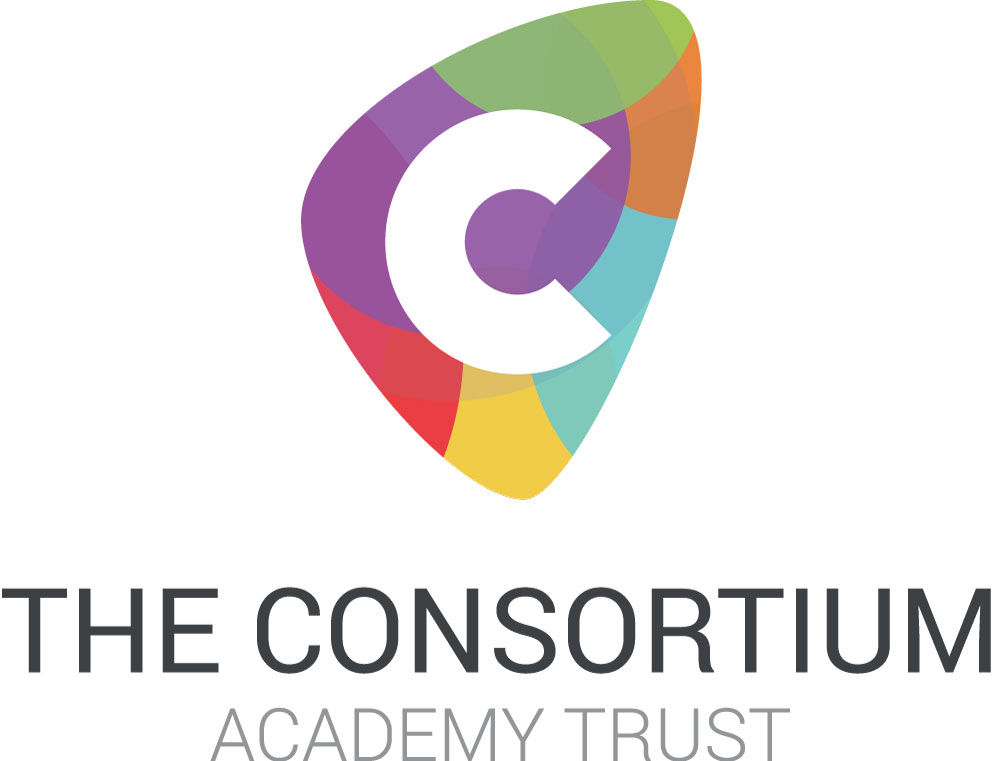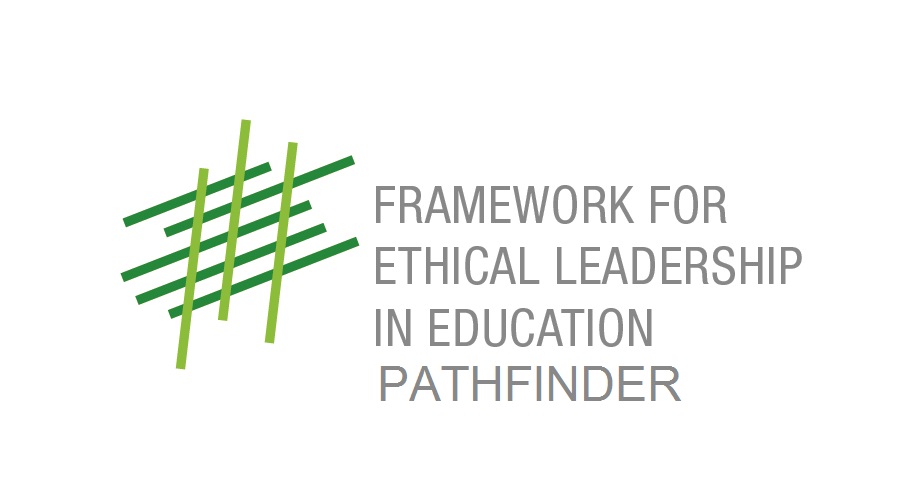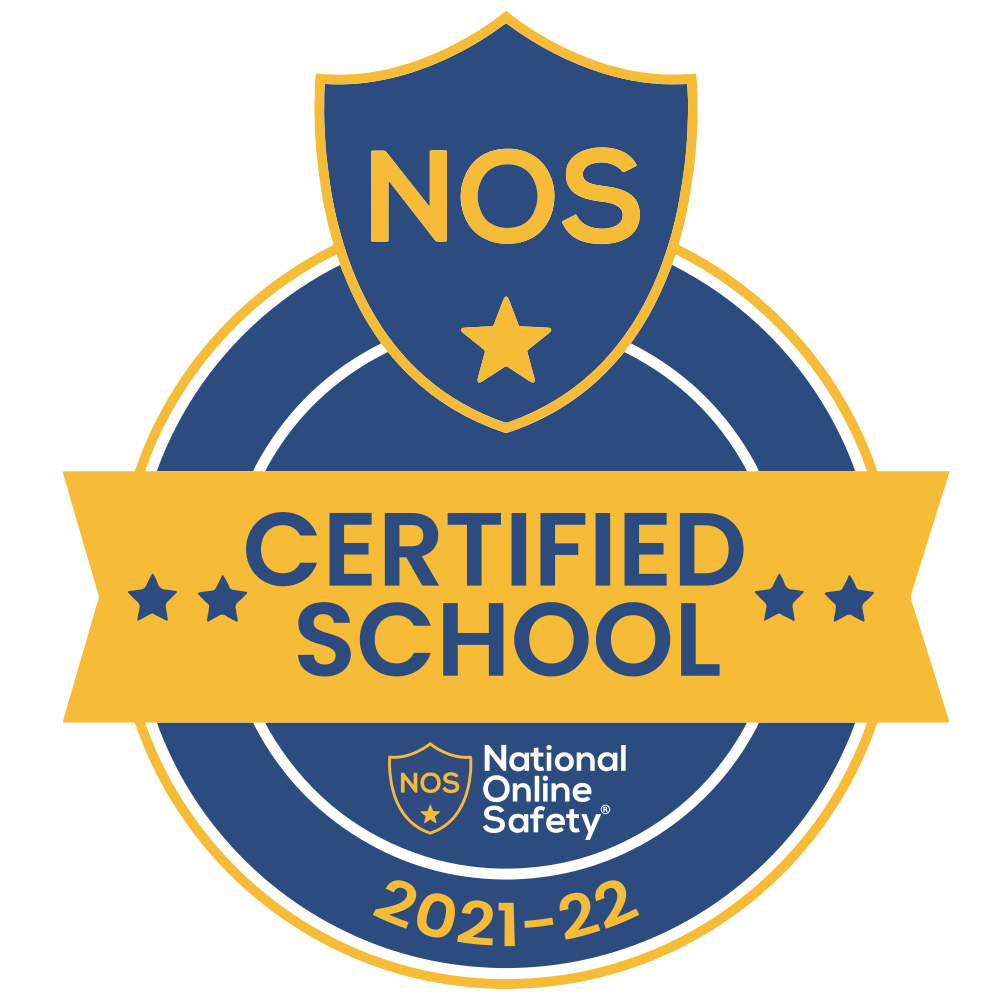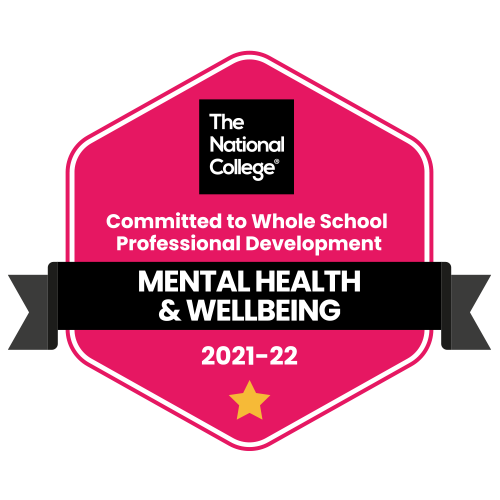Music
The Music department forms part of the Creative Arts Faculty. Music lessons involve a wide range of practical activities based around performing. In Music, students develop the ability to think creatively and to find innovative and exciting ways to communicate their ideas.
The Music curriculum in KS3 builds a working knowledge and understanding of the basic elements of music which include melody, harmony, structure, texture, rhythm and dynamics. At Key Stage 4, in Year 9 students learn to extend and develop their ideas through building their practical, theory and composing skills. At GCSE in Year 10 and Year 11 students learn to use a wide range of skills to tackle units in performing, composing and understanding music. At A-level students are encouraged to further develop their personal style and to produce professional quality outcomes.
We encourage all students to take part in extracurricular music and offer lessons with our visiting music teachers from the East Riding Schools’ Music Service. We give regular public performances including termly showcases, summer concert, East Riding Summer Showcase, East Riding Battle of the Bands and the Holderness Academy traditional carol service.
| Staff | Position |
|---|---|
| Mrs O'Malley | Assistant Head of Faculty |
Key Stage 3
|
Year 7 – on rotation with Drama |
Year 8 - on rotation with Drama |
|
Using your voice Musical Theatre Project |
STOMP – Percussion project Create your own cover Songwriting |
Additional resources to support learning in Key Stage 3 Music:
Encourage your child to:
· See concerts and performances.
· Learn to play a musical instrument.
· Take part in performing groups such as choirs and orchestras.
· Perform publicly in our showcases.
A range of resources can also be found on:
https://www.eastriding.gov.uk/learning/schools-colleges-and-academies/schools-music-service/
https://www.trinitycollege.com/site/?id=1044
Where required, passwords have been provided to students directly. For further support please contact the school.
Key Stage 4
Aims of the course:
To encourage students to be inspired, moved and changed by following a broad, coherent, satisfying and worthwhile course of study.
To develop broader life skills and attributes, including critical and creative thinking, aesthetic sensitivity, emotional awareness, cultural understanding, self-discipline, self-confidence and self-motivation.
To enable students to engage actively in music.
To develop musical skills and interests, including the ability to make music individually and in groups.
Course content:
|
Performing |
Composing |
Understanding Music |
Assessment:
| Performing - You will need to prepare two short performances one of which will be a solo, the other of which will be as part of a group. | Composing - You will learn to compose your own music (these do not have to be written in staff notation but it is sometimes necessary). Each piece should be up to two minutes long. | Understanding Music – You will study a wide variety of music from different genres ranging from classical music through to popular music, film music and Latin Jazz and discuss the music industry. |
| Performances are recorded and assessed during the course. | Compositions must be completed under teachers supervision within college then recordings of these compositions are assessed. | There will be an exam and possibly coursework to discuss your understanding of musical genres, styles and contexts. |
Encourage your son / daughter to:
• See concerts and performances.
• Learn to play a musical instrument.
• Take part in performing groups such as choirs and orchestras.
• Perform publicly in our showcases.
• Undertake Music theory exams and or Practical exams which can give additional UCAS points when applying for university.
Additional resources to support learning in GCSE Music:
GCSE Bitesize
Auralia and Musition Software
Focus on Sound
We also recommend the purchase of revision guides through the academy to further assist students’ work outside the classroom.
Where required, passwords have been provided to students directly. For further support please contact the academy.
Sixth Form Courses
A Level Music (Edexcel)
Aims of the course:
To encourage students to be inspired, moved and changed by following a broad, coherent, satisfying and worthwhile course of study.
To develop broader life skills and attributes, including critical and creative thinking, aesthetic sensitivity, emotional awareness, cultural understanding, self-discipline, self-confidence and self-motivation.
To enable students to engage actively in music.
To develop musical skills and interests, including the ability to make music individually and in groups.
Course Content:
Students study the following units:
• Performing • Composing • Understanding Music
Assessment:
• Performing - You will need to prepare one solo recital of at least 12 minutes of advanced standard.
• Performances are recorded and assessed during the course
• Composing - You will learn to compose your own music (these do not have to be written in staff notation but it is sometimes necessary). Each piece should be up to two minutes long.
• Compositions must be completed under teachers supervision within the sixth form then recordings of these compositions are assessed.
• Understanding Music – You will study a wide variety of music from different genres ranging from classical music through to popular music, film music and Latin Jazz and discuss the music industry.
• There will be a listening exam to discuss your understanding of musical genres, styles and contexts.
Encourage your son /daughter to:
• See concerts and performances.
• Learn to play a musical instrument.
• Take part in performing groups such as choirs and orchestras.
• Perform publicly in our showcases.
Undertake Music theory exams and or Practical exams which can give additional UCAS points when applying for university.
Additional resources to support learning in Music:
Auralia and Musition Software
Focus on Sound
Where required, passwords have been provided to students directly. For further support please contact the academy.






